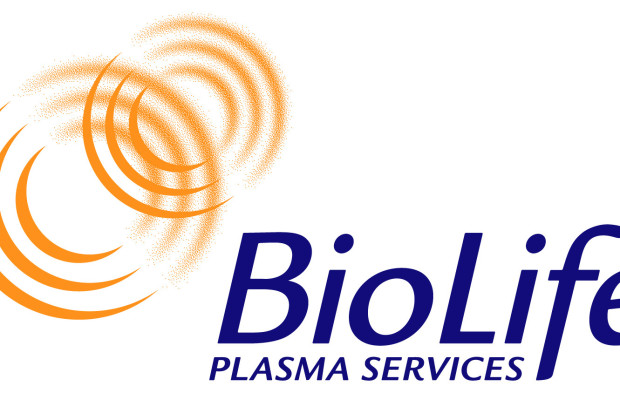BioLife provides financial options for seniors

By: Sarah Stortz
After a needle prick inside senior Keaton Elliot’s arm, causing a slight discomfort, he lies on the chair with a cuff wrapped around his arm, and the machine next to him begins to take his blood inside a small bag. The blood swirls around the machine as it collects each ounce of plasma. Afterwards, the machine stops and the blood gradually enters back into Elliot’s body.
Elliott occasionally sells his plasma at BioLife as a source of income due to currently being off his job. When Elliott makes a check-up to BioLife twice a week, he makes around $50.
“The plasma market is really big compared to other things. You actually get a small percentage compared to how much plasma is actually worth,” Elliott said “If there’s a supply and demand for it, it’s a good way to draw people in. Why else would people donate their plasma, something that’s widely needed, if they didn’t get something in return?”
Since it’s beginning, BioLife Plasma Services has offered the unique opportunity of accepting donor’s blood plasma in exchange for money.
To be eligible for selling plasma, donors must go through a screening process where they enter in their identification. Later on, donors must go through a process to discuss their medical history, such as going through surgeries, taking prescriptions or having allergies. Their blood also must be tested to make sure that it’s healthy enough for recipients to take.
Finally, donors have to go through one final physical examination to make sure that their bodies are fit enough for donation.
Another notable requirement is that the donor must also be at least 18 years old.
With the age bracket, some high school senior students have started taking advantage of BioLife as a means to make few extra dollars.
Aside from earning money, Elliott also sees the benefits of helping others who are in need of plasma.
“Plasma is the fluid that red and white blood cells travel through. Without plasma, they couldn’t travel through the bloodstream” Elliott said. “People with really bad blood tend to need plasma. Because of this, it feels nice knowing that I can be helping somebody.”
Those who are interested in making a donation can call (319) 277-1981 for more information.









You must be logged in to post a comment Login